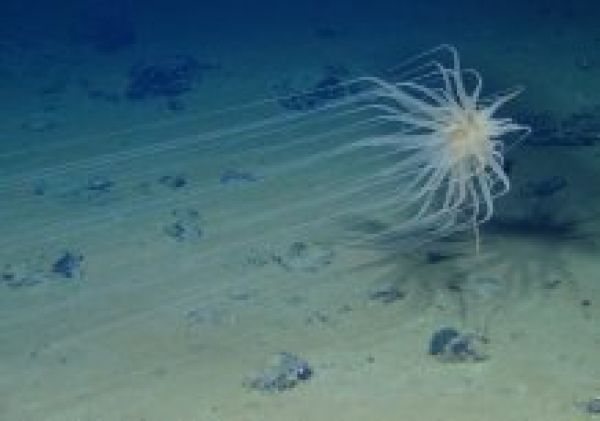With major decisions on the future of seabed mining expected in 2019-20, scientists and policy experts from the University of Exeter and Greenpeace have recommended a range of measures to prevent environmental damage. They say deep-sea ecosystems currently need more protection, rather than new threats.
They also argue that mining in the deep sea (depths below 200m) could be avoided altogether if humanity moved towards a “circular economy” that focuses on reuse and recycling of metals, reduces overconsumption and limits built-in obsolescence of technology.
“This ‘gold rush’ is being driven by our ever-growing demand for minerals,” said Dr David Santillo, a marine biologist and senior Greenpeace scientist based at the University of Exeter. “Should we allow seabed mining – with the risk it poses to deep-sea ecosystems – or should we focus instead on reducing this demand for virgin minerals?”
The scientists also call for an improved network of Marine Protected Areas, strict regulations and monitoring of all human activities on the seabed, and far greater transparency on the costs and benefits of any proposed mining.
Continue reading at University of Exeter
Image via DJ Amon & CR Smith


